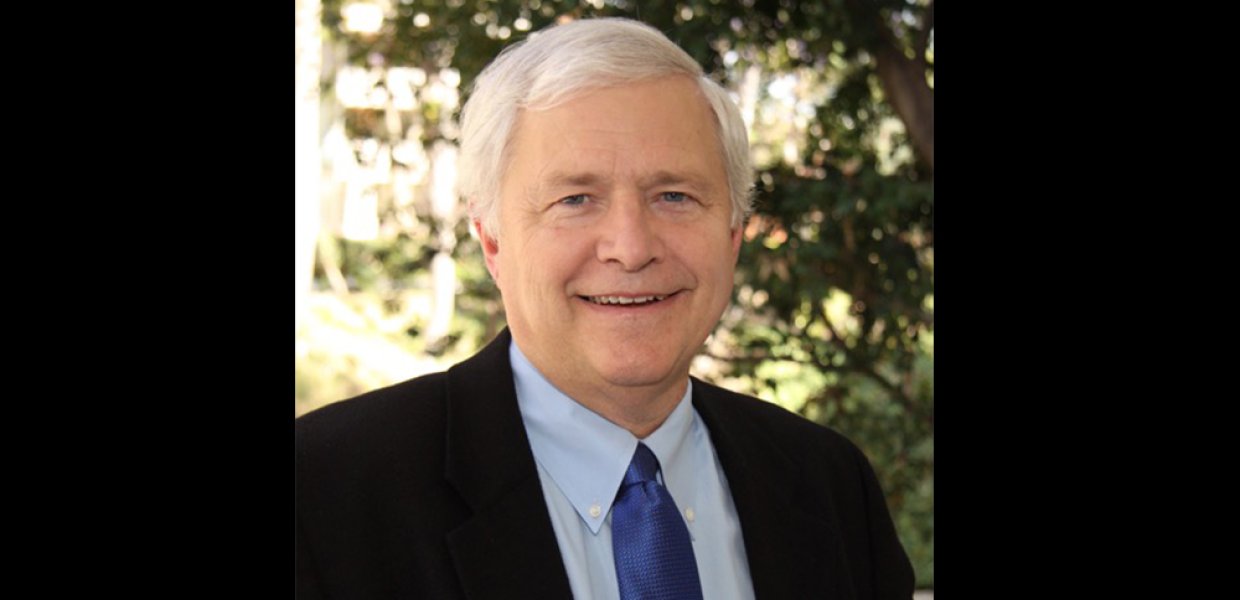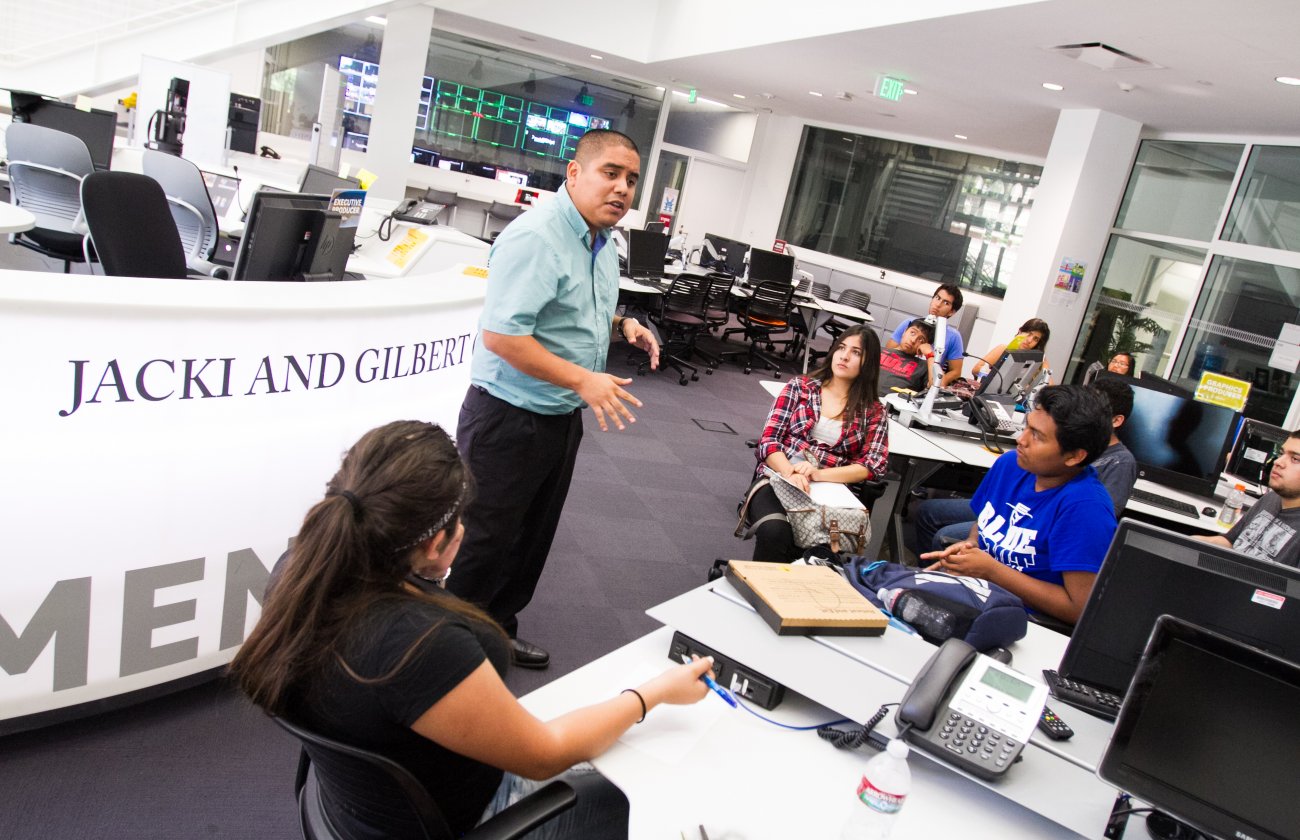Inside the classrooms at USC Annenberg, students are the ones typically tasked with answering the hard hitting questions. "Five Minutes with..." turns the table on faculty and staff to ask them the hard questions.
Tom Hollihan, Communication professor, currently chairs the Executive Committee of the USC U.S.-China Institute, in addition to being a member of several forensics organizations. As a consultant to many political campaigns, Hollihan is a leading expert on election cycles and the relationship between government and the media. He is currently writing a followup book to his book, "The Dispute over the Diaoyu/Senkaku Islands: How Media Narratives Shape Public Opinions and Challenge the Global Order," which focuses on China's territory claims in the South China Sea.
Where does the news media go from here covering political news since the November election?
The 2016 election results should have taught reporters, editors, pundits, and news producers some bitter lessons. The mixing of news and entertainment and the extensive and often soft-ball celebrity coverage of the Donald Trump campaign served to normalize him and helped elect him to office. At the same time, the false equivalency in coverage of Hillary Clinton, especially the amount of time given to her emails and to accusations of wrong-doing and deception in the Benghazi incident only served to confuse voters. Now we have a president who seems to have no respect for the truth. The news media will have to cover him differently than they have previous administrations in order to hold him accountable for his lies, despite the risk that doing so will lend support to his claims that he receives unfair coverage.
How should the media respond to hostility and allegations of "fake news" from the new Trump administration?
By reciting the facts and offering counter narratives to explain those facts.
You've served as consultant to various political candidates. What did you think of the way the Republicans and Democrats ran their national campaigns in 2016?
The Trump campaign was truly unique in that he openly mocked and attacked his opponents destroying any claims to civility. His election demeaned the office that he was seeking and created a terrible example for citizens at home and for those in other nations as well. He also used a completely different strategy by focusing on rallies and campaign events rather than organizing a “ground game” to get out the vote. The Clinton campaign was much more conventional and would likely have been successful had it not been for the untimely intervention of the FBI director which changed the narrative of the final week of the campaign.
How was the November 2016 election different from past election cycles? In recent memory, was the November 2016 election the most polarizing election in American history? If not, which election was?
This was the most polarizing election I have ever witnessed.
How do you see the role of America shifting when it comes to its foreign relationships with its allies, specifically China?
Sadly the Trump administration has weakened America’s place in the world, especially through his comments about the relevance of NATO (North Atlantic Treaty Organization), his comments about Japan and South Korea being responsible for their own defense, his weakening of U.S. commitments on climate change, and his attacks on the EU (European Union) and free trade.
You serve as the chairman of the Board of Trustees of the National Debate Tournament, president of the American Forensic Association and president of the Western Forensic Association. How did you become interested in debate?
I started debating in middle school, debated in high school and college, and began coaching debate as a graduate student. I continued coaching as the Director of the USC Trojan Debate Squad. I love debate and think it is the best means possible to teach research skills, critical analysis skills, and oral advocacy.
For your next book, what subject would you most want to write about and why?
I am working on a book about China’s claims in the South China Sea which will follow up on my book on the Diaoyu-Senkaku Island controversy.









